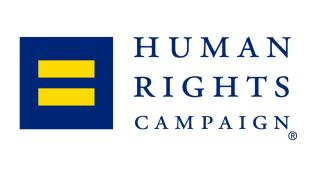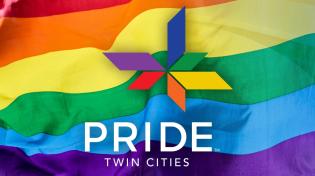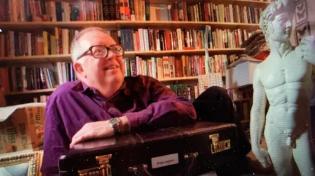800-800-0350
When newly elected Senator Allan Spear saw protections for the LGBTQ+ community introduced, and later removed from updates to the Minnesota Human Rights Act in 1973, he knew he needed to be more involved.
Formed by activists Steve Endean and Jean-Nickolaus Tretter in 1974, the Minnesota Committee for Gay Rights (later updated to Minnesota Committee for Gay and Lesbian Rights, MCGLR) would partner with Spear to reintroduce non-discrimination language in 1975, and again in 1977. As the state's first official group lobbying for LGBTQ+ legislation, MCGLR continued to work closely to advance legislative protections for the LGBTQ+ community—working in particular to update the state's anti-sodomy statue.
Along with their work at the capitol, MCGLR took an active role to hold businesses and municipal governments accountable to gay rights, actively promoting non-discrimination ordinances in Minneapolis and St. Paul.
Endean's work at the Minnesota State Capitol led him to the National Gay Rights Lobby in Washington, D.C. in 1978 and later became the founder of the Human Rights Campaign Fund in 1980, which has become the largest LGBTQ+ political lobbying organization in the U.S.
Though diagnosed with AIDS and in ill health, Endean was able to travel from Washington, D.C. to Minnesota to be present, along with Senator Allan Spear, for the passage of the LGBTQ+ non-discrimination amendment to the Minnesota Human Rights Act in 1993.
Minnesota's anti-sodomy statute was ruled unconstitutional in 2001, however it was not until 2023 that the statute was formally repealed.
Stephen Endean
Steven Endean played an outsized role in Minnesota gay right's history. Together with activists Jack Baker and Tim Campbell they reshaped FREE at the University of Minnesota. Endean would first enter politics as an aide for both Wendell Anderson's gubernatorial and Harry Davis' mayoral campaigns.
Following his work with MCGLR, he would serve on the board of the National Gay Task Force (now the National LGBTQ Task Force) and the National Gay Rights Lobby, before founding the Human Rights Campaign Fund.
Diagnosed with AIDS in 1985, Endean retired in 1991. He died of AIDS-related complication on August 4, 1993.
Jean-Nickolaus Tretter
Today, Jean-Nickolaus Tretter is most known for his role in founding the extensive Jean-Nickolaus Tretter Collection at the University of Minnesota, but his work as the unofficial historian of Minnesota's LGBTQ+ movement started long before that.
In early 1972, Tretter gathered together with Steve Endean, Robert Halfhill, Kerry Woodward, and Michael McConnell at Gay House in Minneapolis to plan the first Pride Festival. Jack Baker had been invited to Chicago's nascent celebrations the year prior and the group was committed that our region should have a celebration of its own. That summer's march down Nicollet Mall would continue to grow into the annual Twin Cities Pride Festival.
Tretter continued to document the movement and collect artifacts related to the LGBTQ+ history, ultimately donating the collection to the University of Minnesota in 2000, and serving as archivist until his retirement in 2011.
Tretter passed away in St. Paul on December 9, 2022.
Further Reading
- Ehrenhalt, Lizzie. "Over the Rainbow: Queer and Trans History in Minnesota." MNopedia.org. May 25, 2021
- Hewetson, Dick. History of the Gay Movement in Minnesota and the Role of the Minnesota Civil Liberties Union. Friends of the Bill of Rights Foundation, 2013.
- Van Cleve, Stewart. Land of 10,000 Loves: A History of Queer Minnesota. University of Minnesota Press, 2012.



